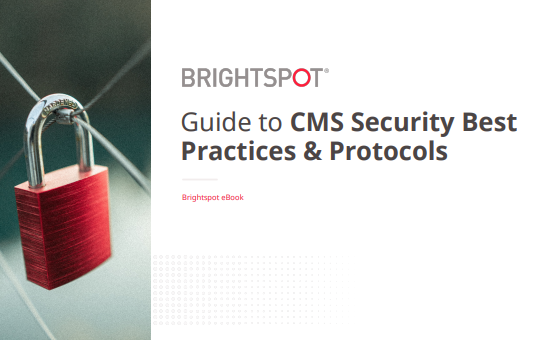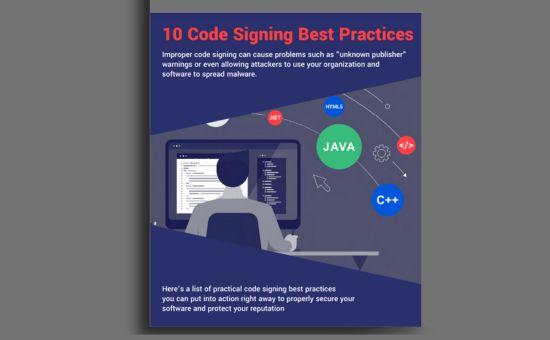Addressing Cybersecurity in Your Business: A Guide for Entrepreneurs | BDC
Cyber Security
Summary
- Why is Cybersecurity Important?
It’s not a question of whether you will experience a cyber attack, but when it will happen. Discover the various cybersecurity challenges and how a proactive approach can provide you with significant advantages. - Develop Your Cybersecurity Strategy
Before making new investments, assess your existing measures and risks. Familiarize yourself with the concept of data confidentiality, as well as the relevant information security standards and certifications. - Implement Cybersecurity Best Practices
Learn to identify risks unique to your business. By understanding these risks, you can establish controls and policies to safeguard your organization and protect your data. Regularly reviewing your policies and adopting a mindset of continuous improvement is crucial.
What is cybersecurity?
Cybersecurity involves safeguarding your systems, networks, and applications from digital threats. It relies on three core pillars:
- Technology: This includes firewalls, antivirus software, and other security tools.
- Processes: These are the policies, standards, and protective measures you implement.
- People: This involves training, raising awareness, and ensuring everyone in your organization understands their role in maintaining security.
The 4 most common cybersecurity myths
- Summary
- What is cybersecurity?
- The 4 most common cybersecurity myths
- Where do the risks come from?
- Why invest in cybersecurity?
- Assessing your current strategy
- Improving data confidentiality
- 4 steps to improve data confidentiality
- What is a cybersecurity standard or certification?
- Identifying your main assets
- Determining the risk level
- Securing your files and systems
- Documenting cybersecurity policies
- Raising awareness and training your team members
- Preparing for an incident
- Adopting a continuous improvement mindset
Number of Pages:
- 19 pages
Pricing:
- Free
Warning: Undefined array key "sidebar_ads" in /home/dmc/public_html/wp-content/themes/DMC/functions/helpers.php on line 824






